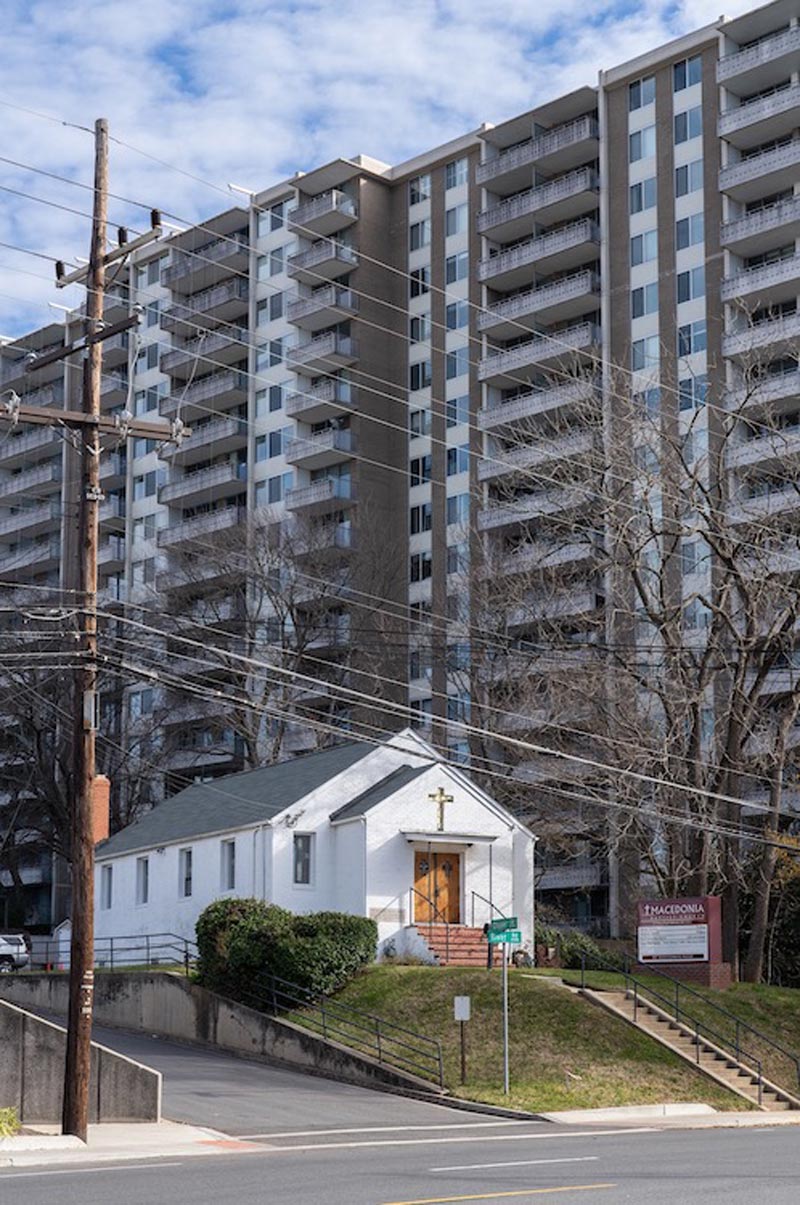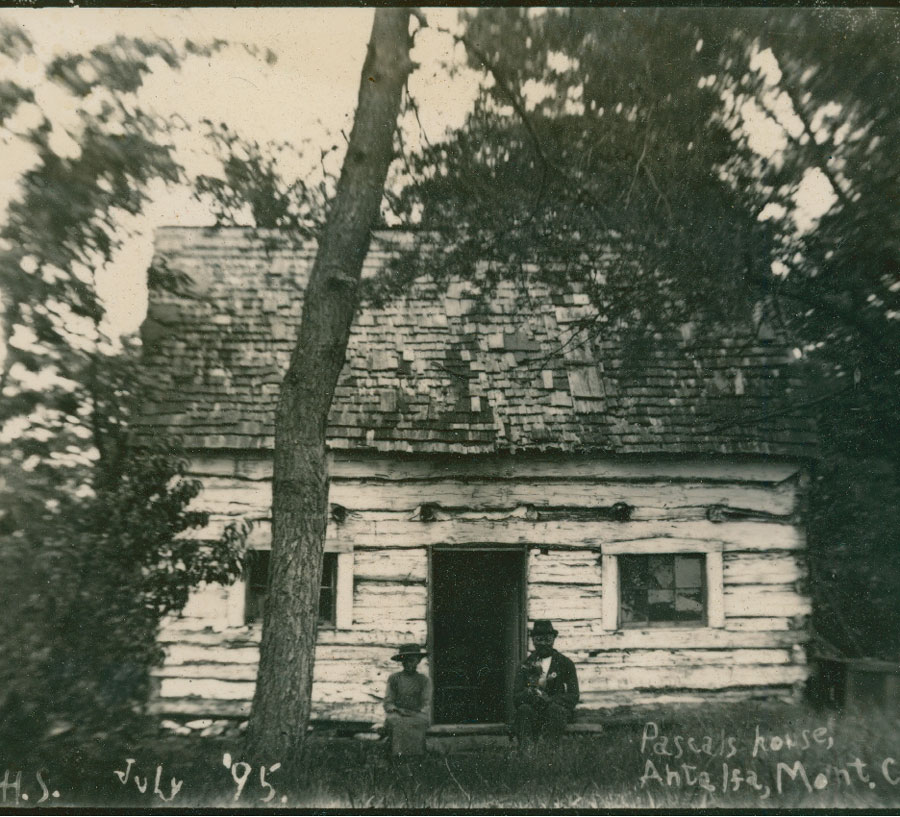Contact Us
Media Inquiries:
AU Communications
aumedia@american.edu
202-885-5950
American University Museum
4400 Massachusetts Ave NW
Washington, DC 20016-8031
United States
The Bridge that Carried Us Over
Presented by the AU Museum Project Space
June 11–August 7, 2022
Finale and Panel Discussion
August 6, 12–3 p.m. ET
Read the exhibition catalog online.
Purchase during open hours or by emailing museum@american.edu.
$15 each plus taxes and shipping, if applicable.



